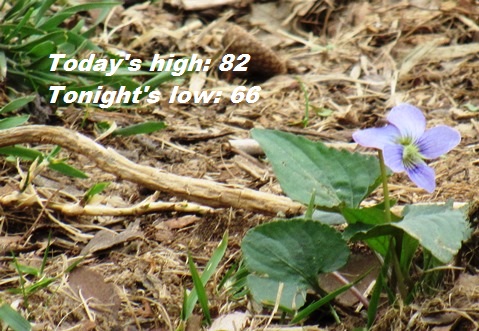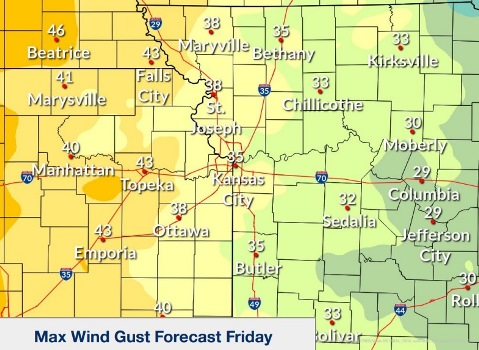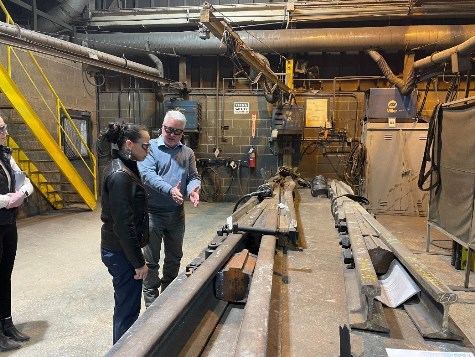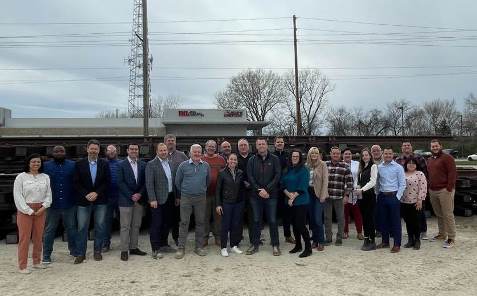20,000 renewals to be sent out each month
by Noah Taborda, Kansas Reflector
Topeka — Leaders of the state-run Medicaid program expect the newly renewed federal public health emergency to end in July, along with continuous KanCare eligibility, leading to coverage changes for thousands of Kansans.
During the federally declared health emergency, Kansans were able to keep Medicaid coverage regardless of changes to their household situation. The requirement of continuous eligibility drove Medicaid enrollment up by 19.1% across the nation, but once the emergency ends, everyone covered will be required to undergo the renewal process.
The emergency is slated to end July 15, and Kansas officials say there will be a 60-day notice before the declaration expires.
Current guidance from the Centers for Medicare and Medicaid Services allows states up to 12 months to initiate renewals and 14 months to complete them. Sarah Fertig, the state Medicaid director, said Kansas would spread the renewal process out over 12 months so as not to overwhelm staff.
“We wouldn’t be able to process all of those cases immediately,” Fertig told legislators Wednesday on the Joint Committee on Home and Community Based Services and KanCare Oversight. “Each of those cases requires a determination of whether that person is currently eligible for Medicaid. We must obtain information from them. We need to do an assessment. There are human hands on every one of these cases. We cannot just run a report and say we are terminating everybody.”
According to a report by the Urban Institute, almost 16 million Americans enrolled in Medicaid during the public health emergency could lose coverage. In Kansas, the expectation is 20,000 renewals sent out each month.
Tanya Palmer, director of Medicaid eligibility for the Kansas Department of Health and Environment, said one area of focus for preparations is ensuring adequate staffing. She said aggressive recruiting strategies have cut vacancies by 8% in the last quarter.
“This positions us in the best position possible to handle the current intake but also the additional intake that we know that we’ll receive when the federal public health emergency ends,” Palmer said. “We are expecting probably at least double intake monthly post-public health emergency, so it is balancing act being able to process the applications that are a result of open enrollment, the renewals due normally, as well as renewals we may have delayed processing.”
Palmer said Kansas has historically seen 40% lose eligibility during renewal. Usually, the state reviews medical cases annually or whenever members report new information.
Additional federal funds drawn down from the extra Medicaid enrollment will continue through the end of September. This additional 6.2% funding has amounted to nearly $520 million through Dec. 31.
A March Kaiser Family Foundation survey of states’ preparations for the renewal process showed only about half of the states had a plan to manage the outstanding eligibility and renewal actions. Many states still have not made key decisions about how to manage this resumption of eligibility redeterminations.
Across the 20 states able to report such data, about 13% of Medicaid enrollees are expected to be disenrolled when the continuous enrollment requirement ends.
The renewal process and the potential for thousands of Kansans to lose health insurance coverage was a primary concern for several stakeholders presenting before legislators during the joint committee meeting.
Luanne Kibby, systems advocacy manager for the SKIL Resource Center, worried this in tandem with the Legislature’s interest in blocking Gov. Laura Kelly from rebidding the contract for KanCare could lead to Kansans being removed for resolvable reasons.
Heather Braum, health policy adviser with Kansas Action for Children, also raised concerns about the impact this will have on the families of policyholders.
“When high volumes of Medicaid redeterminations happen within a short time period, eligible kids are much more likely to be negatively impacted, lose their coverage and will need to reapply for that coverage,” Braum said.
“Your oversight of the KanCare program along with the detailed attention of KDHE KanCare staff at future committee meetings will help mitigate the impact of these coming changes.”
Kansas Reflector stories, www.kansasreflector.com, may be republished online or in print under Creative Commons license CC BY-NC-ND 4.0.
See more at https://kansasreflector.com/2022/04/21/kansas-medicaid-officials-prepare-for-mass-coverage-renewal-as-federal-health-emergency-winds-down/




